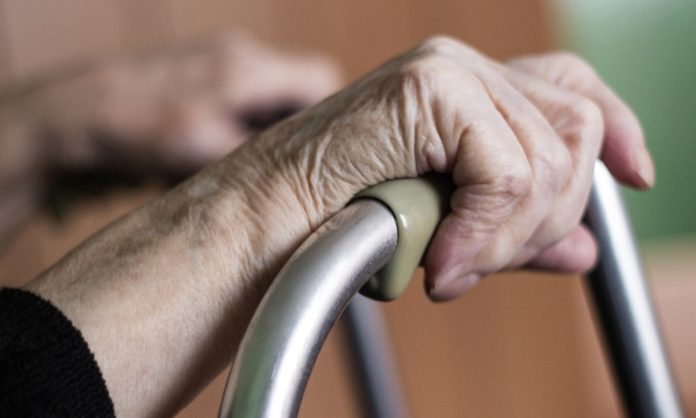Researchers in the US and Canada started out to prove that severe pain in the elderly makes them more likely to die than seniors who reported little or no pain.
However, that’s not the way the five-year study of non-cancer pain in nearly 6,000 seniors turned out. In fact, much to the researchers surprise, the relationship between severe pain and the odds of dying were exactly the opposite of what was expected.
“The apparent ‘protective’ association between moderate or greater pain and future mortality remained robust…with women in pain being less likely to die,” write the authors. Their paper was based on data analyzed from a detailed questionnaire known as the Canadian Study of Health and Aging. The results were published last month in the Journal of the American Geriatric Society.
Put another way the research shows that the odds of elderly women in pain dying during a five-year period are significantly less than women without pain or men with or with or without pain. As many as half of those aged 65 and older say they suffer from some type of short or long term pain.
This study points out something that’s frequently overlooked—namely that pain has more than one dimension. Many patients and some doctors see the problem without realizing the potential. We need to increase our understanding of how pain can help as well as well hinder so we can developed better treatments.
While it’s not clear why pain has such a paradoxical effect on longevity, the authors raised several intriguing possibilities. It may be that pain isn’t really protective, but instead inspires emotional strength, resilience and the will to fight back.
Even though there are many technical tools we use against pain, nothing is more important than hope. Patients with a positive attitude are more likely to have a good outcome. This study suggests we need to focus our treatment efforts on the mind as well as the body.
Other potentially protective factors: those in chronic pain—particularly women– may be more inclined to seek medical management that can reduce the risk of lethal conditions like high blood pressure, heart disease and diabetes. As their health deteriorates seniors may become more aware of their environment and less likely to take physical risks that could have painful consequences.
Data analysis for the study was funded jointly by the US National Institute on Aging and the Canadian Institutes of Health Research.
Population surveys can’t account for every factor that might influence the effects of pain. For example, it’s not clear how much some of the patients who died relied on pain killing drugs with side effects that might have shortened their lives.
Still the researchers say their results should prompt doctors to ask what sounds like an odd question: why does the “negative” experience of pain appear to extend life rather than shorten it?















